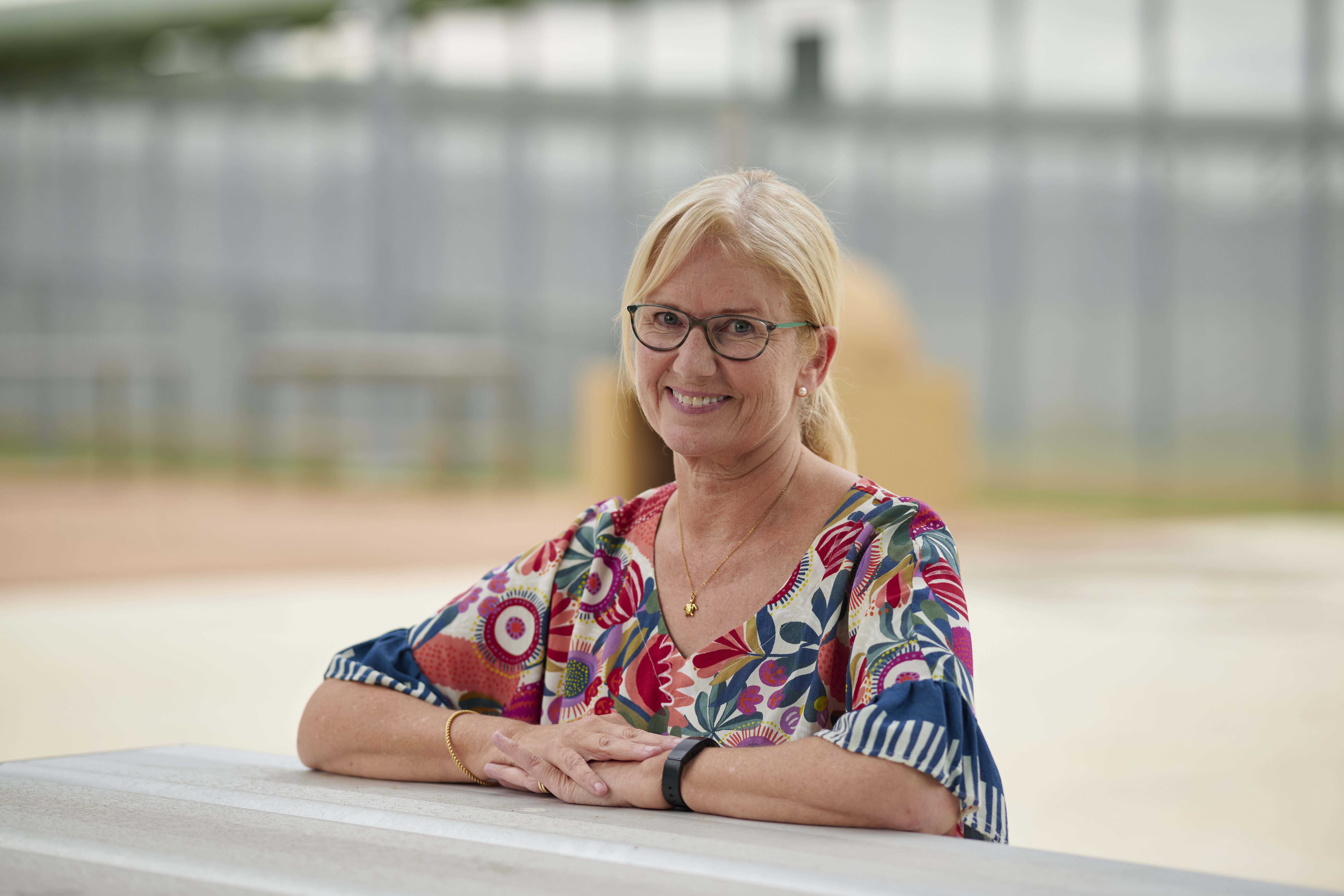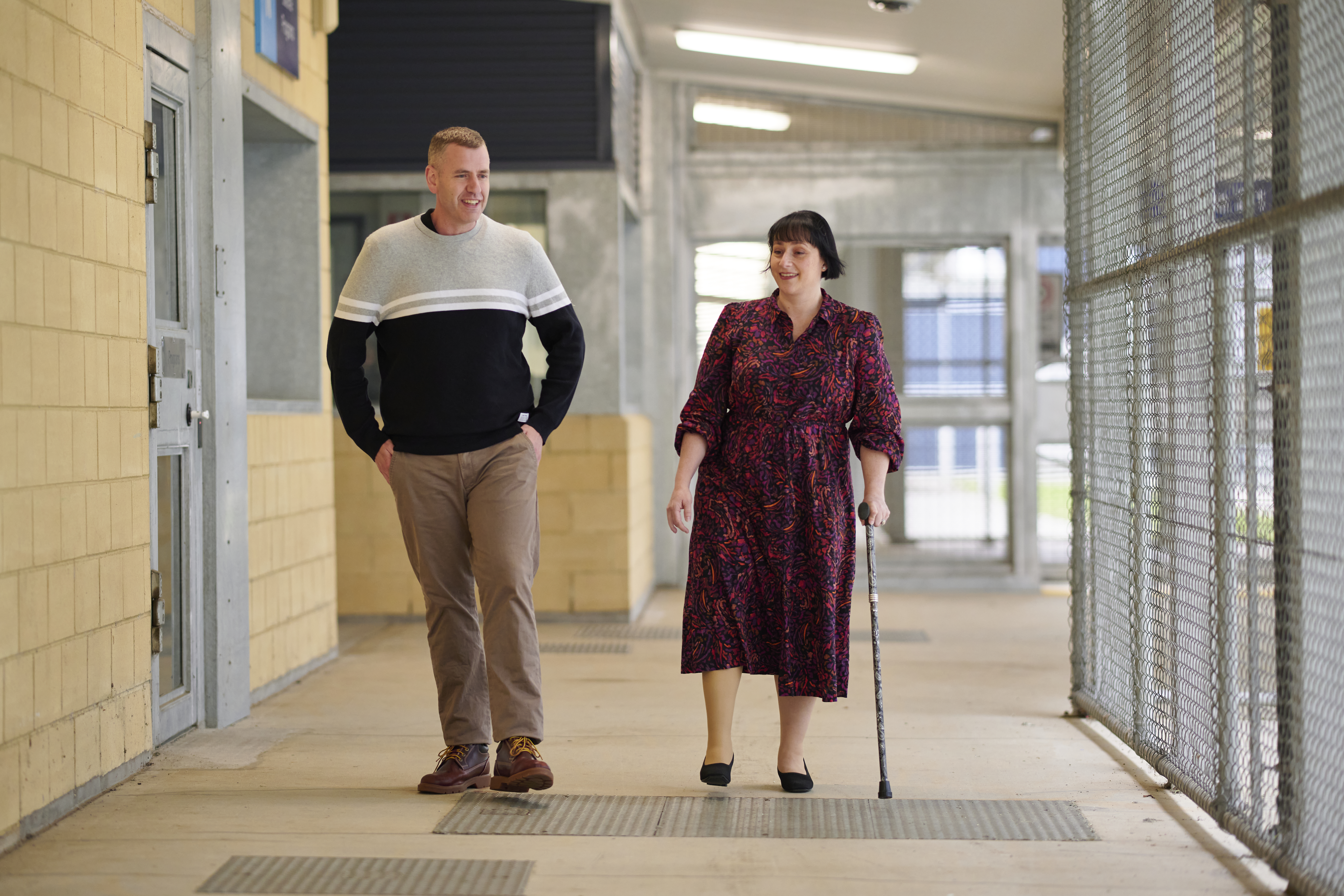Automatic language translation
Our website uses an automatic service to translate our content into different languages. These translations should be used as a guide only. See our Accessibility page for further information.

Hear from some of our psychologists as to why they enjoy working at DCJ.
Hear from some of our psychologists as to why they enjoy working at DCJ.
I've been in the department for over 30 years and I've been here because of my passion to deal with the most needy and vulnerable young people in the community.
DCJ is a good place to work because I have benefited a lot from the flexibility it has provided me.
There's lots of training opportunities and professional development to move into leadership roles, but also other project roles and other opportunities within the department.
I just really enjoy the support and also working within such an interesting and rewarding field.
The variation in the work keeps the work interesting.
It's really heartwarming and it makes me get up every day.
"You can impact the lives of some of the most complex and vulnerable children and young people across the state. Working collaboratively as part of a multi-disciplinary team with allied health staff, Youth Justice caseworkers and our Justice Health colleagues is powerful and rewarding. If you’re looking for a role that provides real purpose, then look no further!
- Ruth, Principal Psychologist, Youth Justice

Psychologists employed by the Department of Communities and Justice (DCJ) provide psychological services across Corrective Services NSW, Child Protection & Permanency and Youth Justice.
DCJ Psychologists operate as part of a team of psychologists and/or member of a multi-disciplinary team. They provide psychological assessments, interventions and therapeutic services for children and families experiencing challenging circumstances, young people and offenders who are in custody and those under community supervision orders.

Each business area has its own unique role requirements. Browse the following types of Psychologists to learn more.
There are great opportunities for psychologists in regional NSW. Whether you’re relocating from a metro area or starting your career, support is available to make the move smooth.
The Welcome Experience, an NSW Government initiative, helps essential workers and their families settle into regional life and work. You’ll receive tailored advice, concierge-style support, and a Local Connector who can guide you to the right services and community contacts.
You can learn more about the Welcome Experience here.

Regional work offers career growth, diverse roles, community connection, and an unbeatable lifestyle.
Regional work offers career growth, diverse roles, community connection, and an unbeatable lifestyle.
I love what I do, and I love where I live. I’m a Senior Psychologist, and my work is very varied and diverse.
I wanted to connect with others and be part of a community, and I think working regionally gives you that sense of belonging and connection.
What keeps me growing and staying here regionally are the career opportunities, the diversity of my work, and the lifestyle. To anyone considering a regional role, I’d say — give it a go.
35-hour work week with flexible working arrangements.
Professional support and supervision to assist in meeting AHPRA requirements.
Networking opportunities including annual Psychological Conference.
Graduate placements and internship programs.
DCJ provides services to various communities across the state, making it important to have a diverse and inclusive workforce that contributes to better outcomes for our communities.
Aboriginal and Torres Strait Islander people make a significant impact to the organisation by improving the way we interact with Indigenous communities and help inform and shape cross-cultural services.
Last updated: